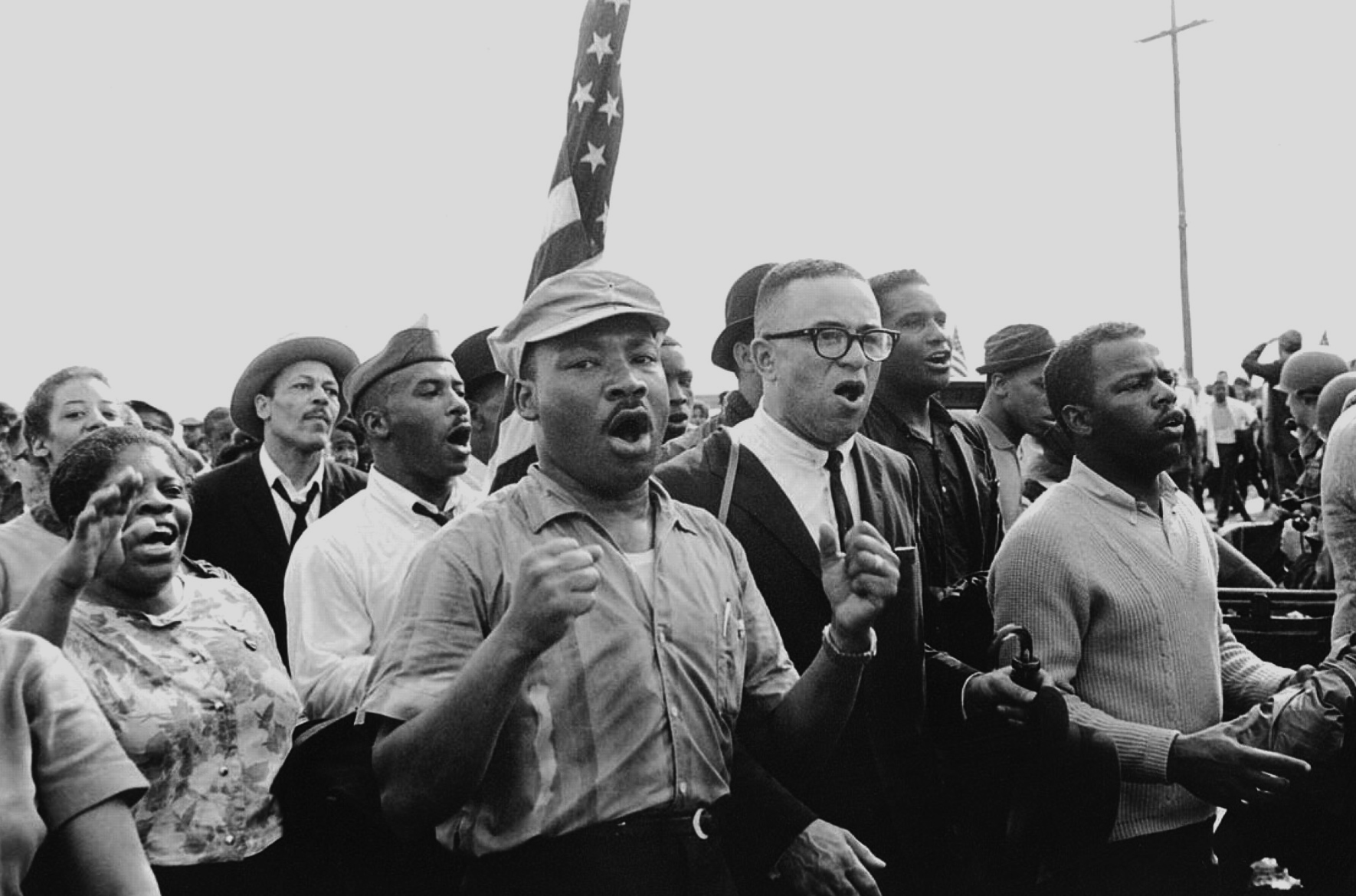In his American Century Cycle, playwright August Wilson (1945-2005) crafted 10 plays about the African American experience, each one set in a different decade of the 20th century. Ma Rainey's Black Bottom, set in the 20s, was the second work completed.
Award-winning Broadway director George C. Wolfe's Netflix film adaptation is based on a screenplay by Ruben Santiago-Hudson (a stage and television performer who has appeared in Wilson productions) that trims the original two-act script, one of the shortest in the Cycle, into a breathless, 90-minute period piece that retains the play's theatrical intimacy while intensifying the heat.
Much of the film's intensity is contributed by Viola Davis and Chadwick Boseman (one of his last major roles before his death earlier this year) as the eponymous Mother of the Blues, an irascible figure, and a reckless young trumpeter named Levee, who wants the fame that Ma seems to take for granted. Both are marvelous, but Boseman is brilliant as the manic music man, a battered and blustering braggart who is carrying literal and figurative scars of racial violence.
This wonderful production is quite different from 2016's Fences, which also starred Davis along with Denzel Washington, who directed. Ma Rainey, confined to a few hours of a recording session, does not have the epic sweep, the allegorical and spiritual overtones of Fences, which was awarded a Pulitzer Prize, along with another Cycle play that was adapted for the screen, The Piano Lesson.
Wilson's plays are dense and expansive, mixing history and folklore, mind science, philosophy and mysticism as they explore race and the nature of blackness in America. I would imagine they are bears to stage and challenging for audiences because Wilson's language is so rich, his stories so-reliant on the oral tradition. Some monologues go on for pages.
One interesting note concerning Santiago-Hudson's adaptation -- he changed Wilson's n***er to n***a in places when the boys in the band are referring to one another and retaining n***er when recounting threatening events involving menacing whites. Wilson's original script does not contain this distinction.




























